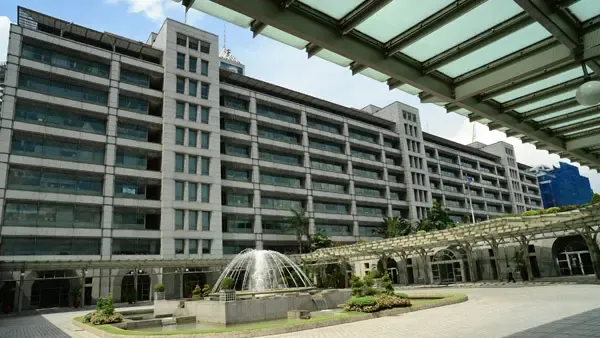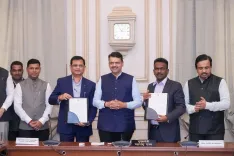Did the Centre Secure a $126.4 Million ADB Loan to Enhance Sustainable Tourism in Uttarakhand?

Synopsis
Key Takeaways
- ADB loan of $126.42 million enhances tourism.
- Focus on sustainable and climate-resilient practices.
- Project to benefit 87,000 residents and 2.7 million visitors.
- Key initiatives include institutional strengthening and disaster preparedness.
- Emphasis on inclusive tourism led by women and youth.
New Delhi, Sep 11 (NationPress) The Asian Development Bank (ADB) has entered into a loan agreement with the government of India for $126.42 million aimed at fostering rural development through sustainable and climate-resilient tourism in the Tehri Lake area of Uttarakhand, as stated by the Finance Ministry on Thursday.
This ADB loan aligns with Uttarakhand's strategy to elevate the state as a diverse, year-round tourism hotspot, with the Tehri Lake being designated as a key development zone, according to the official announcement.
The initiative focuses on the Tehri Garhwal district, recognized as one of the most climate-sensitive and economically challenged areas of Uttarakhand. The project aims to enhance the lives of over 87,000 residents and cater to 2.7 million annual visitors by improving tourism management, upgrading facilities, ensuring better sanitation and waste handling, and enhancing disaster readiness.
The agreement for the 'Sustainable, Inclusive, and Climate-Resilient Tourism Development' project was signed by Juhi Mukherjee, Joint Secretary, Ministry of Finance, and Kai Wei Yeo, Officer-in-Charge, India Resident Mission, ADB.
“This loan reinforces the government of Uttarakhand’s vision to establish the state as a diverse and all-seasons tourism destination, with Tehri Lake as a focal point for development,” stated Mukherjee after the agreement was finalized.
“This project exemplifies a template for sustainable tourism centered around a hydropower lake, utilizing a multisector strategy to create employment, diversify incomes, and enhance climate resilience,” Yeo remarked.
Key initiatives include strengthening institutions, developing climate-resilient infrastructure, implementing nature-based solutions for landslide and flood mitigation, and providing inclusive tourism services spearheaded by women, youth, and the private sector.
Highlighting features are a livelihood matching grant program to empower tourism initiatives led by women, youth, and micro, small, and medium enterprises, universal access designs catering to individuals with disabilities, and a women-led disaster risk management project in selected villages.
This project builds on previous ADB initiatives aimed at enhancing tourism in Uttarakhand and across various regions in India. The area focuses on a significant operational hydropower lake, contributing to the growing global expertise in rural tourism development in conjunction with land and water zoning for hydropower generation.







